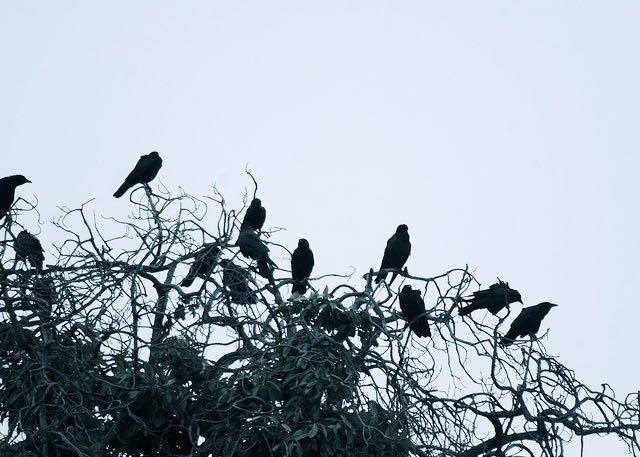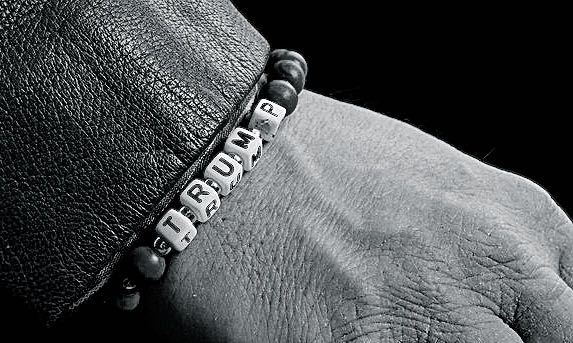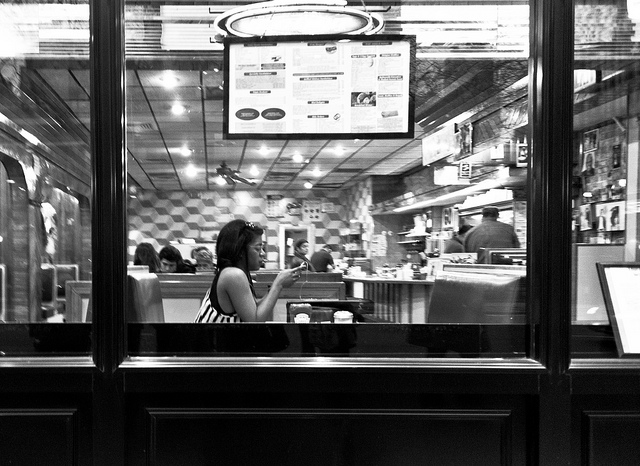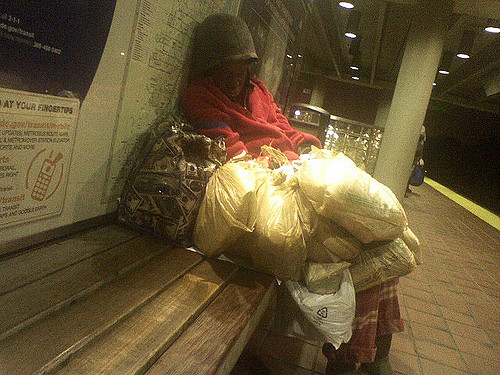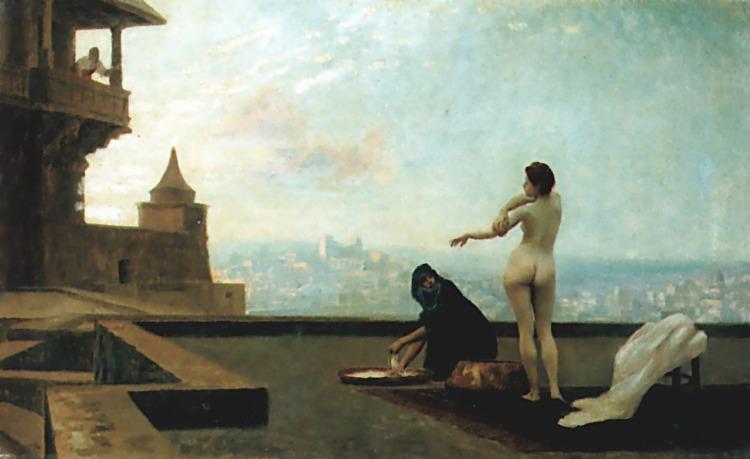Two poems by Ginny Lowe Connors
[fusion_builder_container hundred_percent=”no” hundred_percent_height=”no” hundred_percent_height_scroll=”no” hundred_percent_height_center_content=”yes” equal_height_columns=”no” menu_anchor=”” hide_on_mobile=”small-visibility,medium-visibility,large-visibility” class=”” id=”” background_color=”” background_image=”” background_position=”center center” background_repeat=”no-repeat” fade=”no” background_parallax=”none” enable_mobile=”no” parallax_speed=”0.3″ video_mp4=”” video_webm=”” video_ogv=”” video_url=”” video_aspect_ratio=”16:9″ video_loop=”yes” video_mute=”yes” video_preview_image=”” border_size=”” border_color=”” border_style=”solid” margin_top=”” margin_bottom=”” padding_top=”” padding_right=”” padding_bottom=”” padding_left=””][fusion_builder_row][fusion_builder_column type=”1_2″ layout=”1_2″ spacing=”” center_content=”no” link=”” target=”_self” min_height=”” hide_on_mobile=”small-visibility,medium-visibility,large-visibility” class=”” id=”” background_color=”” background_image=”” background_position=”left top” background_repeat=”no-repeat” hover_type=”none” border_size=”0″ border_color=”” border_style=”solid” border_position=”all” padding=”” dimension_margin=”” animation_type=”” animation_direction=”left” animation_speed=”0.3″ animation_offset=”” last=”no”][fusion_text]
Onslaught
It spins like a gyroscope,
Our planet. My head.
Wobbles like a promise
too difficult to keep
as the news comes crashing
this way—space stones
hurling toward us from beyond
or from that hidden place
we carry within—
a secret darkness,
unknowable, unthinkable.
O disaster with a tail of flame
you’re hurtling this way again
you’re cratering my brain
and all the pretty cities we have built.
[/fusion_text][/fusion_builder_column][fusion_builder_column type=”1_2″ layout=”1_2″ spacing=”” center_content=”no” link=”” target=”_self” min_height=”” hide_on_mobile=”small-visibility,medium-visibility,large-visibility” class=”” id=”” background_color=”” background_image=”” background_position=”left top” background_repeat=”no-repeat” hover_type=”none” border_size=”0″ border_color=”” border_style=”solid” border_position=”all” padding=”” dimension_margin=”” animation_type=”” animation_direction=”left” animation_speed=”0.3″ animation_offset=”” last=”no”][fusion_text]
Forget about It
Hit the snooze button, my fellow Americans,
hit the slot machines. Turn the page, switch
the channel, toss another steak on the barbeque.
Pay no attention to the plagues, the projectiles,
the flying limbs, or to the children who look
toward us, as if we could explain. Tell them our
electrons are all abuzz, they’re attracted, they’re
repelled by the golden glow beyond the power
plants, dust floating everywhere, fires we can’t
explain, flames that have replaced the eyes
of the last coyotes. No wonder we’re running
in circles, no wonder we’re all falling down.
Tell them the towers emit messages of evil
straight into our brains, bzzzt, zap, it makes
us a little crazy, ha ha, our heads floating off
like balloons. Our cell phones spy on us
as we sleep. We’ll turn away, we’ll wander
through the mall, what could be more
American, Big Mac ourselves to smithereens,
to oblivion. Our duty: to be oblivious, to be one
nation, under god, our father up in heaven—but he’s not
coming back, our family’s splintered, rearranged,
commandeered, forever changed, and we’re blind,
and we’re deaf but still yakking, yakking
all the time on the streets, in the vehicles we use
to slaughter our own beautiful hopped-up, zoned-out
young and we keep yakking in the ten million
aisles of merchandise because our family values
the plastic water, artificial turf, Barbie’s sharp
stiletto heels, size of fingernails, size of the astrodome,
home, sweet home, and no, you don’t need,
you’re American, you don’t need to explain
reality, it’s something we watch on TV. If
the desert’s erupting with blood, we’ll pump it with a derrick,
we’ll swill it like cheap wine. We’re chugging
Mai Lai cocktails, chowing down on hot wings straight
from Hiroshima, hot as hell, we’re spitting out the bones,
and if your appetite’s the kind that gnaws at you, gnaws
at you, gnaws, there’s Charlottesville stew a-simmering,
we’ve saved some just for you— we’re stuffing
ourselves silly, we’re tweeting, we’re plugging into iTunes,
it’s all the rage. All the rage. Children strut the streets
in tee-shirts sporting photos of their dead, shot,
stabbed, another one today, did you know him?
I heard his sister moan No, not him, while his best
boy insisted he was turnin’ his life around. His blood,
it soaked the ground as this old wound, our so-called
world, kept turning itself, turning itself around.
Don’t wait for the facts, let it all just spin itself out.
Let the ground turn itself over, let the trees splinter.
Let the hurricanes howl, let glaciers creep over us again
with their slow, cold, pale indifferent melt.
[/fusion_text][/fusion_builder_column][/fusion_builder_row][/fusion_builder_container][fusion_builder_container hundred_percent=”no” hundred_percent_height=”no” hundred_percent_height_scroll=”no” hundred_percent_height_center_content=”yes” equal_height_columns=”no” menu_anchor=”” hide_on_mobile=”small-visibility,medium-visibility,large-visibility” class=”” id=”” background_color=”” background_image=”” background_position=”center center” background_repeat=”no-repeat” fade=”no” background_parallax=”none” enable_mobile=”no” parallax_speed=”0.3″ video_mp4=”” video_webm=”” video_ogv=”” video_url=”” video_aspect_ratio=”16:9″ video_loop=”yes” video_mute=”yes” video_preview_image=”” border_size=”” border_color=”” border_style=”solid” margin_top=”” margin_bottom=”” padding_top=”” padding_right=”” padding_bottom=”” padding_left=””][fusion_builder_row][fusion_builder_column type=”1_1″ layout=”1_1″ spacing=”” center_content=”no” link=”” target=”_self” min_height=”” hide_on_mobile=”small-visibility,medium-visibility,large-visibility” class=”” id=”” background_color=”” background_image=”” background_position=”left top” background_repeat=”no-repeat” hover_type=”none” border_size=”0″ border_color=”” border_style=”solid” border_position=”all” padding=”” dimension_margin=”” animation_type=”” animation_direction=”left” animation_speed=”0.3″ animation_offset=”” last=”no”][fusion_text]
Ginny Lowe Connors is the author of several poetry collections, including Toward the Hanging Tree: Poems of Salem Village. Connors has also edited a number of poetry anthologies, including the recently published Forgotten Women: A Tribute in Poetry. She is the editor of Connecticut River Review. Connors runs a small poetry press, Grayson Books. Visit her website at ginnyloweconnors.com.
Image credit: Trauma and Dissociation via a Creative Commons license.
[/fusion_text][/fusion_builder_column][/fusion_builder_row][/fusion_builder_container]











